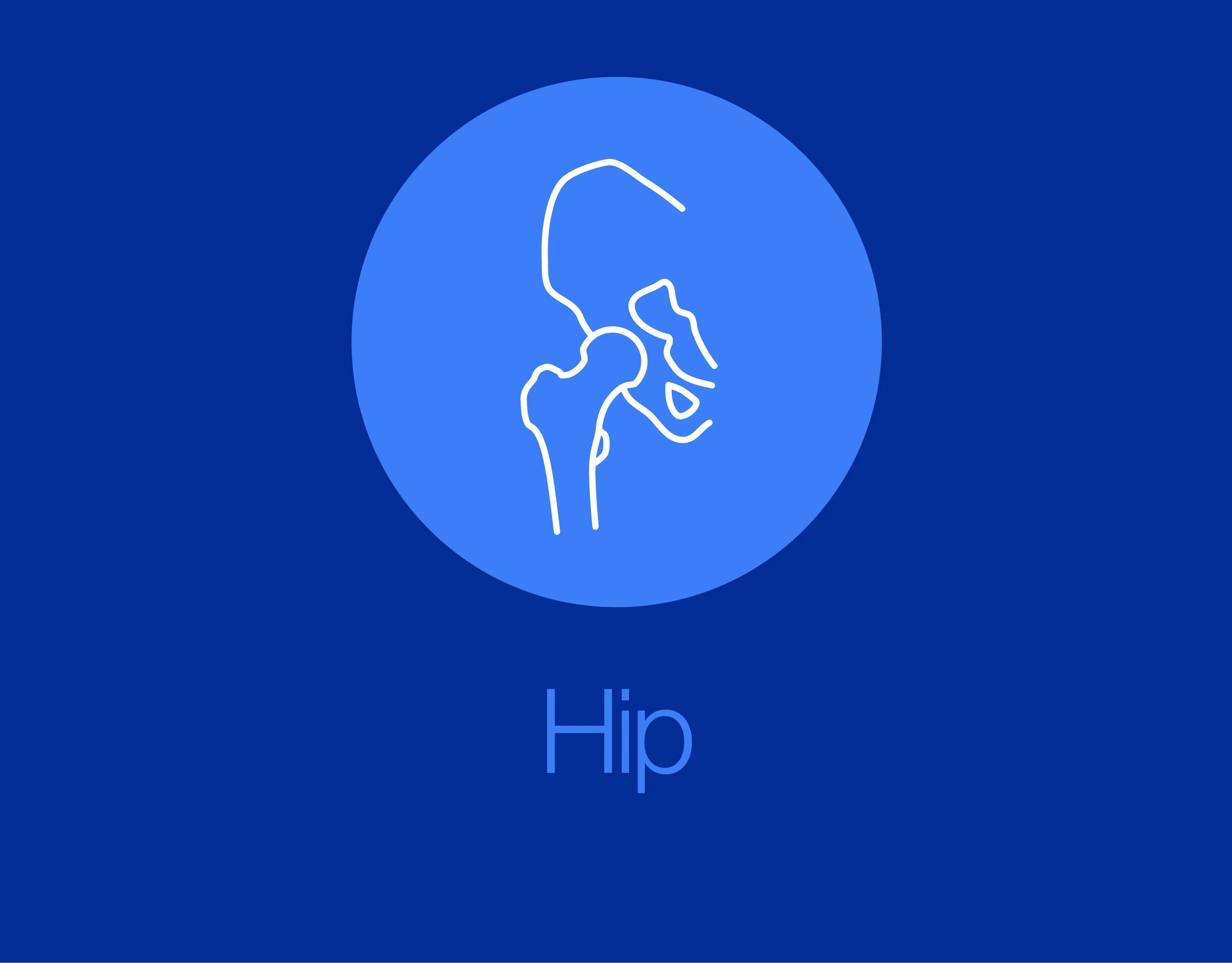Perioperative care for elderly hip fracture patients
1. Weight bearing
It is unrealistic to have elderly patients follow a restricted-weight-bearing protocol (Kammerlander et al 2018).
Restriction on weight bearing results in a decreased mobility level in elderly patients (Pfeufer et al 2019).
Therefore, procedures allowing for immediate weight bearing as tolerated with walking aids should be selected.
2. Timing of treatment
Elderly hip fracture patients need comprehensive preoperative evaluation and management, often involving multiple specialties, because of their frequent comorbidities and complications. Many institutions have implemented hip fracture co-management programs to ensure this coordinated care. Within this environment, guidelines for intervention are established, and the great majority of patients can be medically optimized to undergo operation within 24 hours. It should be rare to require delays of more than 48 hours.
Anticoagulation presents an additional variable. Some medications can be actively reversed, whereas others may need to metabolize. The need for continuous anticoagulation, the extent of the surgical intervention, and the type of anesthesia required will influence the timing of surgery.
3. Complications and perioperative care
Postoperatively, 20% or more of elderly patients with hip fractures will develop at least one medical complication. The frequency of complications is predictably higher in those patients with more severe comorbidities, and they have expectedly higher risks of postoperative death. The involvement of anesthesia and medical consultants in the perioperative care (co-management) of these patients may improve results.
Routine perioperative care for the elderly hip fracture patient should include:
- Early planning for discharge to an appropriate setting – be it home, rehabilitation facility, chronic care facility, or other setting based upon resources available for the individual patient and the local health care system
- Multimodal pain management with care to avoid excessive use of narcotics (to reduce risk of postoperative delirium)
- Prophylaxis against venous thromboembolic disease (VTE), according to institutional protocols, with particular attention to those patients who have increased risk factors, especially prior VTE
- Antibiotics (usually a first-generation cephalosporin) begun just prior to surgery and stopped soon after (typically within 24 hours)
- Nutritional supplementation, since many elderly patients have unrecognized malnutrition, even in the presence of apparently sufficient socioeconomic resources
- Attention to pressure-sore prevention, particularly on the heel of the affected leg (which should be kept off the bed by a pillow that supports the entire calf without producing knee flexion); frequent turning and early mobilization help prevent pressure ulcers in other locations
- Early mobilization out of bed, with supported ambulation beginning in the first postoperative day; this is facilitated by use of appropriately selected surgical procedures allowing for immediate weight bearing as tolerated with walking aids













